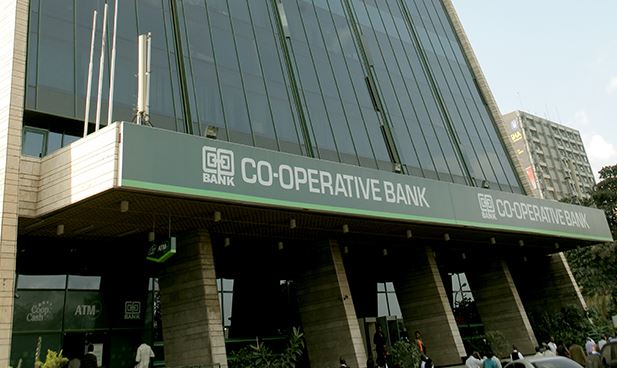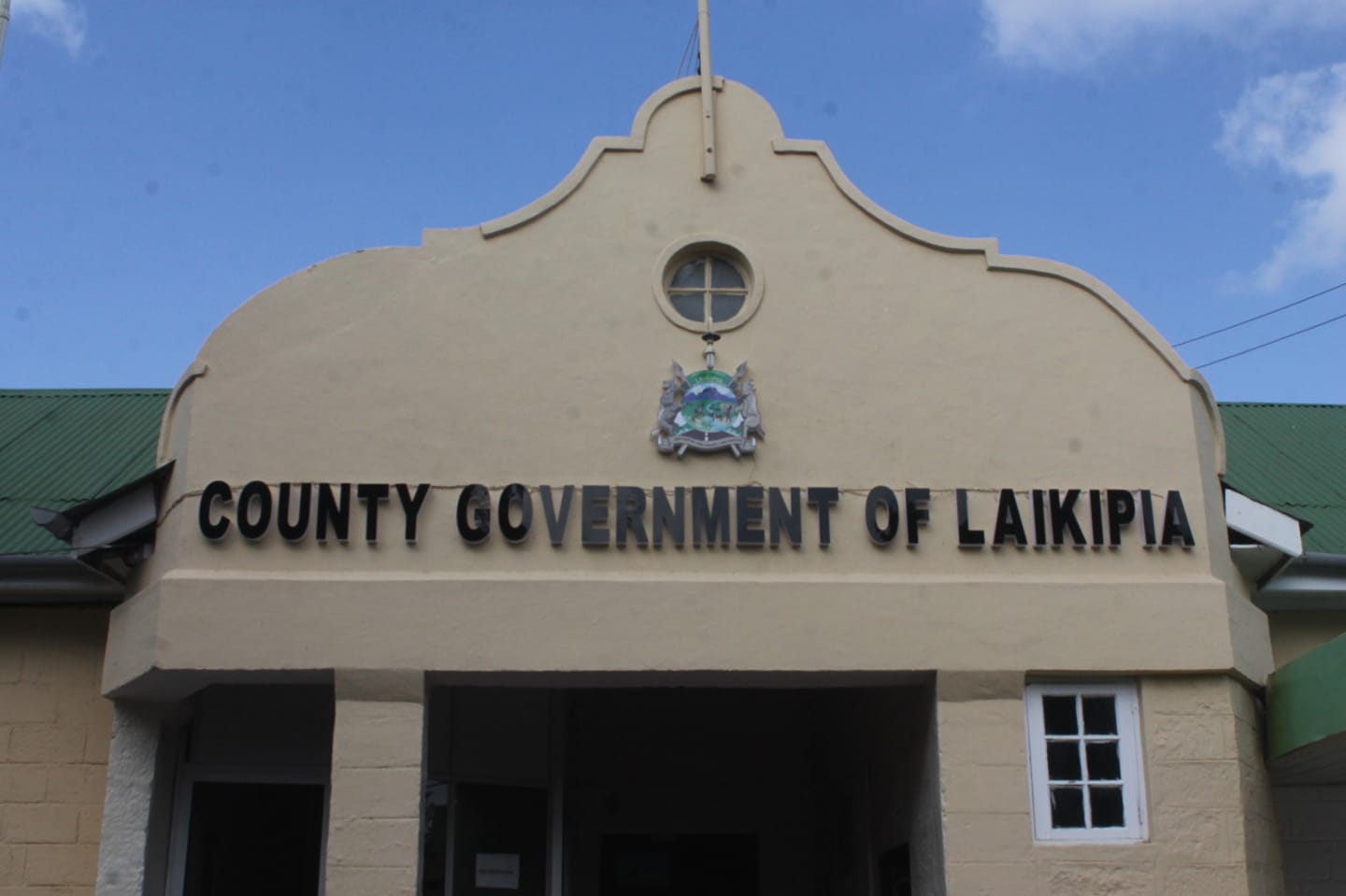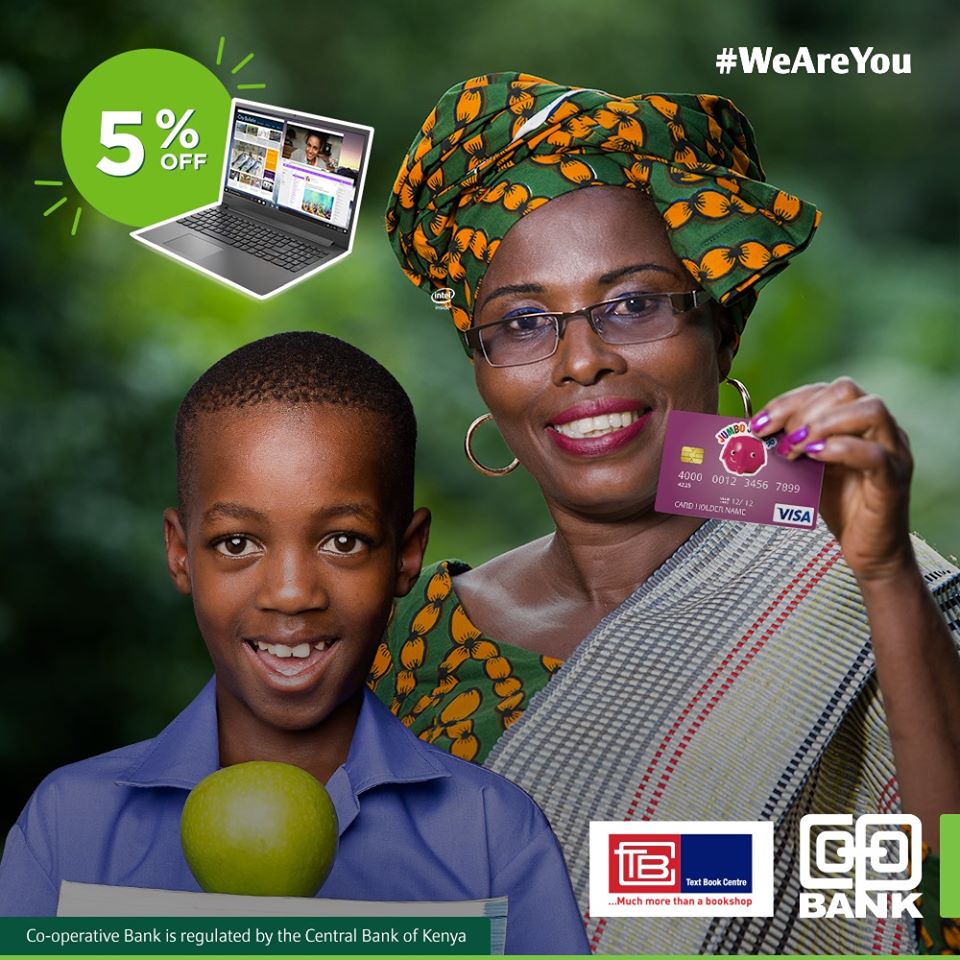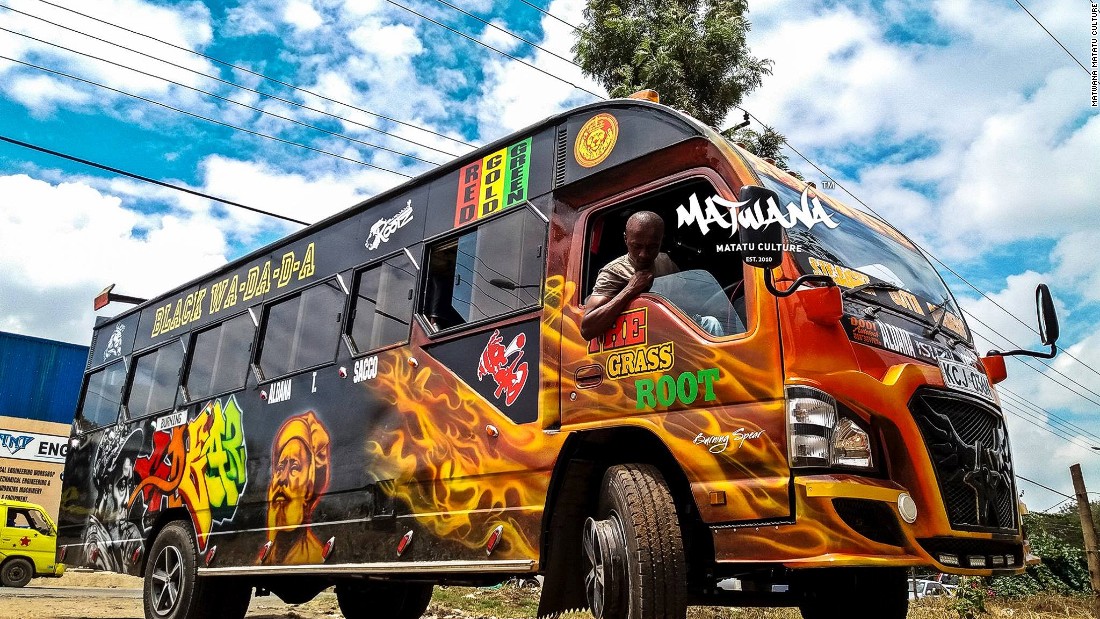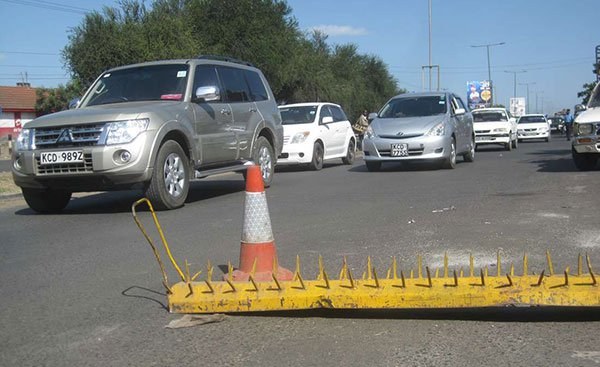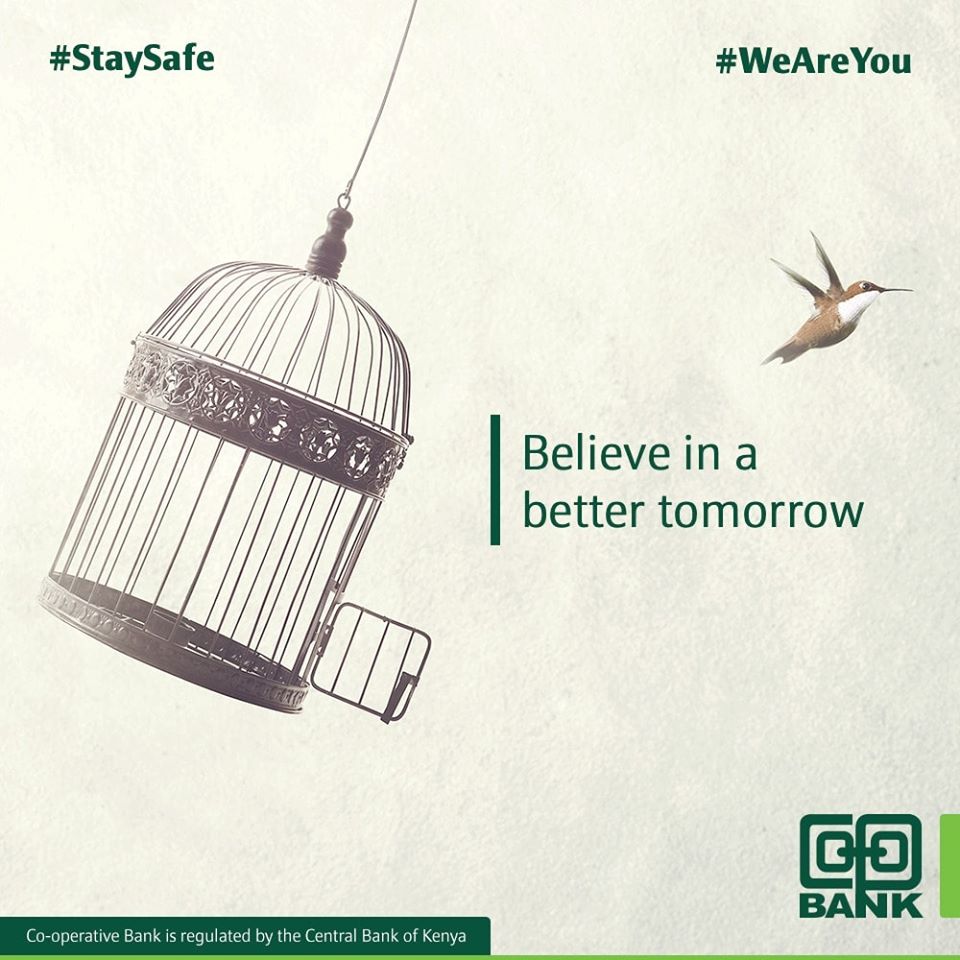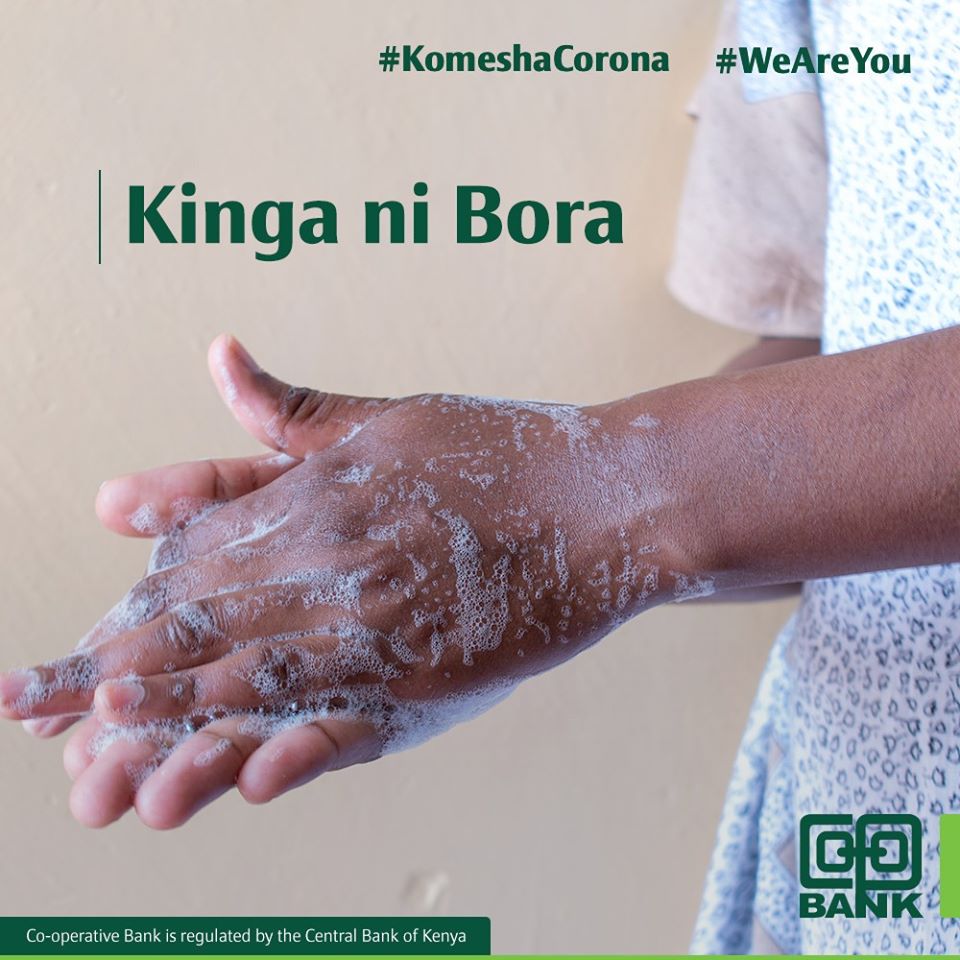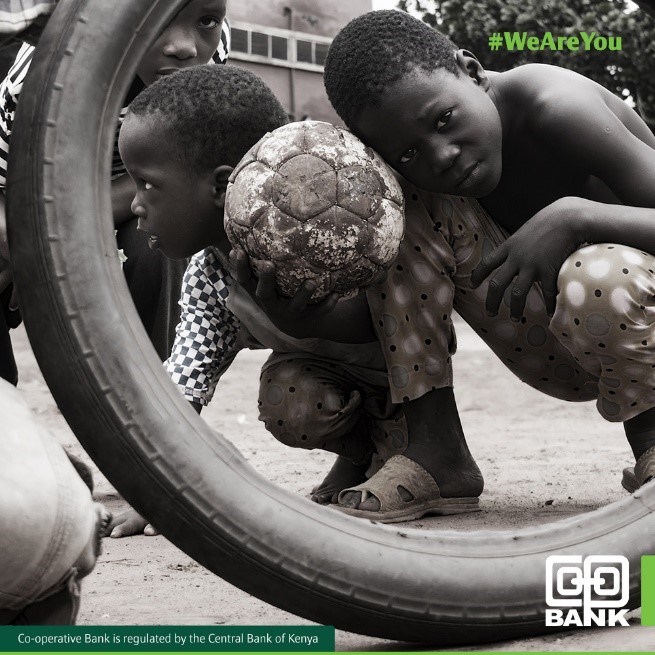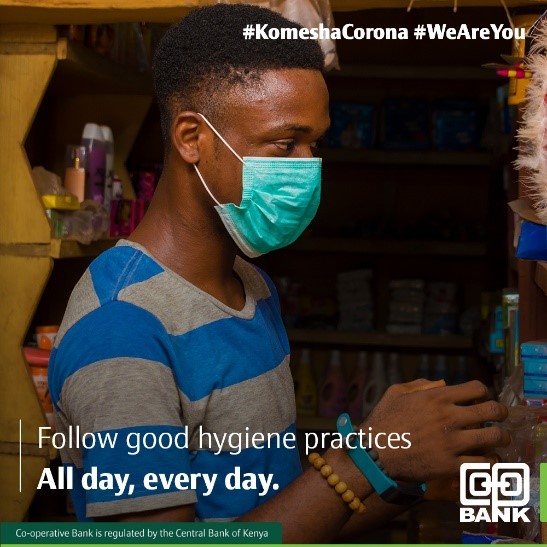Co-operative Bank today launched the Co-op Akili Kali Innovation challenge that is focused on engaging and partnering with technology innovators to address the gaps and challenges faced by Cooperative Societies.
The challenge, which is supported by the International Finance Corporation (IFC), is a call for passionate innovators to collaborate with Co-operative Bank in building the next generation of financial solutions beneficial to the Co-operative movement and its membership of over 20 million Kenyans.
Applications may be submitted through the Co-operative Bank website by 7th August 2020. The shortlisted candidates will be taken through a 5-week co-development and co-design program supported by a dedicated team from Co-operative Bank and nominated Cooperatives, after which a virtual demo event will be held to select one or more winners.
The winners stand to be awarded a cash reward of up to Kes 5M and an opportunity to integrate and launch their innovation with Co-operative bank.
Co-operative Bank is looking for technology innovators that can rapidly develop solutions to build value for Co-operatives and enable them to service members’ demands more efficiently while ensuring that the essence of the Co-operative movement, which is engrained in enabling both national and social development for individuals through a shared economy, is sustained.
The new innovations will also give co-operatives a competitive edge and strengthen their resilience in the rapidly changing financial landscape in Kenya, particularly in light of the myriad challenges occasioned by COVID-19.
The Co-operative Movement in Kenya is the largest in Africa and among the top 10 globally, with over 22,000 registered Co-operatives and over Kes 600B in savings. Co-operatives play a major role in all the key sectors of the economy including Education, Agriculture, Housing and Transport.
It employs more than 500,000 people besides providing opportunities for self-employment to many more.
Co-operative Bank has a long history with the Co-operative movement, having been started by coffee farmers back in 1968 and now owned 64.56% by Co-operatives through a special purpose vehicle known as Co-op Holdings Limited.
Speaking during the rollout of the Co-op Akili Kali Innovation Challenge, the Bank’s Director of Co-operatives Banking, Mr. Vincent Marangu, noted that the growth trends of co-operatives in Kenya indicate a great opportunity for co-operatives to offer valuable services to existing and potential new members whose demand for more and better services has grown with the digital revolution.

